This book has been organized according to the UGC prescribed syllabus of environmental studies for under graduate students of all disciplines. The entire book has been divided into eight units as has been given in the UGC syllabus, and each units has further divided into different chapters. Unit one has been discussed in chapter one of the book, which deals with the multidisciplinary nature of environment, various definitions of environment, branches of ecology, and scope and importance of ecology. Unit two has been divided into 6 chapters. Chapters two deals with definitions of natural resources, renewable and non-renewable resources and their conservation. Chapter 3 to 7 deal with forest resources, water resources, mineral resources, energy and food resources and land resources, their use and over-exploitation and methods of their conservation. Unit three has two chapters, chapter eight deals about the concept of ecosystem its structure and function, producers, consumers and decomposers. Energy flow in the ecosystem and different types of ecosystems their structure and functions have been discussed in this chapter. Chapter nine is about the ecological succession and its importance. Unit four has one chapter, chapter ten, which is devoted to the subject of biodiversity and its conservation. Unit five is discussed in chapter eleven and twelve. Chapter 11 deals with different types of pollutions their causes, effects and control. It also deals with the role of individuals in prevention of pollution and pollution case studies. Chapter twelve covers natural disasters and their management particularly with reference to India. Unit six has been divided into two chapters. Chapter 13 deals with various social issues and the environment, while chapter 14 deals with various acts, which have been discussed very briefly. Unit seven is discussed in chapter 15 which included issues related with human population and the environment. Unit 8 of the syllabus is covered under chapter 16 of this book. A guideline has been prepared for the students to perform their field studies and to observe various assets in the environment and study common plants, insects and birds.
Text Book of Environmental Science
$50.40
$56.00
In stock
Free & Quick Delivery Worldwide
All orders amounting to US$ 50 or more qualify for Free Delivery Worldwide. For orders less than US$ 50, we offer Standard Delivery at $14 per book.
ABOUT THE AUTHOR Namita Joshi
Dr. Namita Joshi is Professor and Head, Department of Veterinary Public Health and Epidemiology at College of Veterinary Science and Animal Husbandry, Narendra Deva University of Agriculture and Technology, Faizabad (UP). Dr. Joshi graduated in 1992 in Veterinary Science and Animal Husbandry from G.B. Pant University of Agriculture and Technology, Pantnagar (Uttrakhand). She did her Master's degree and Ph.D. from the same university in year 1994 and 2001, respectively. Dr. Joshi has been associated with teaching of Veterinary Public Health and Epidemiology in G.B. Pant University of Agriculture and Technology, Pantnagar and N.D. University of Agriculture and Technology, Faizabad for last 10 years. She has about 50 research papers to her credit published in reputed National and International Journals and developed two manuals for under graduate students on 'Milk and Meat Hygiene, Food Safety and Public Health' and 'Veterinary Epidemiology and Zoonoses'. Dr. Joshi has been elected member of Indian Association of Veterinary Public Health Specialists. She is also Assistant Editor in the Journal of Immunology and Immunopathology and acting as reviewer in many journals.
ABOUT THE AUTHOR P C Joshi
P C Joshi has worked as senior scientist with the Saha Institute of Applied research and Particle Accelerator project, Kolkata. He is an alumnus of the Indian Institute of technology, Mumbai.
reviews
0 in total
Review by Anonymous
Be the first to review “Text Book of Environmental Science” Cancel reply
You must be logged in to post a review.
Bibliographic information
Title
Text Book of Environmental Science
Author
Edition
1st ed.
Publisher
ISBN
8131304563
Length
viii+312p., Tables
Subjects
more by Namita Joshi see more
Question Bank on Veterinary Public Health and Food Safety
There has been unprecedented ...
$17.10
$19.00
Global Warming and Climate Change
$83.70
$93.00
more by P C Joshi see more
Marxism As Scientific Enterprise
$14.40
$16.00
Explorations in Indian Medical anthropology: Essays in Honour of Professor R.K. Mutatkar (In 2 Volumes)
The volumes deal with issues ...
$99.90
$111.00
The Cultural Dimensions of Economic Development: Past Experiences and Present Dilemmas
PC Joshi presents his ...
$17.10
$19.00
similar bookssee more
Review of Physiology
$13.50
$15.00
Insect Pests of Potato: Global Perspectives on Biology and Management
Insect Pests of Potato: ...
$201.60
$224.00

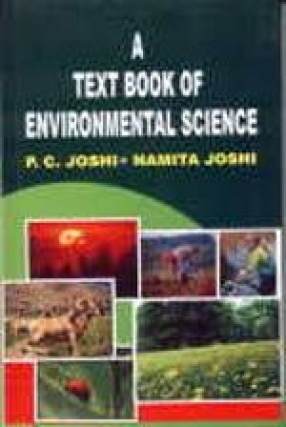
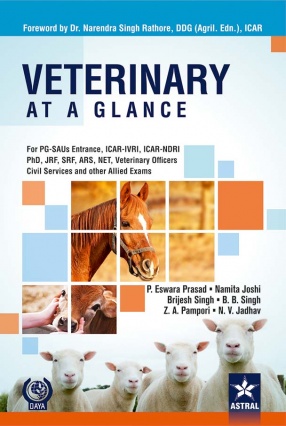
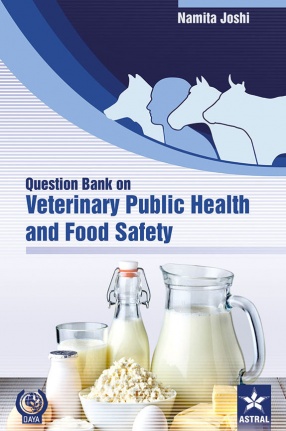
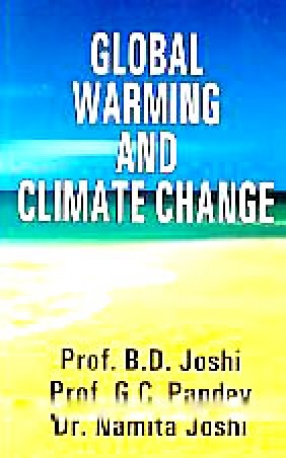

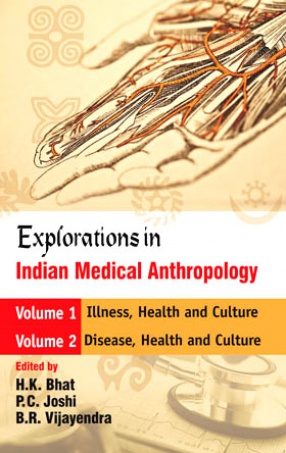
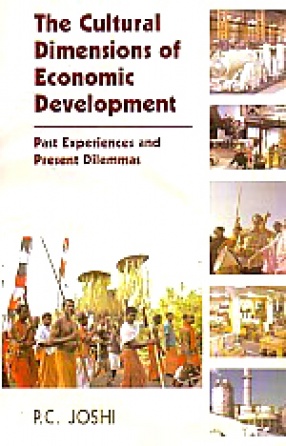
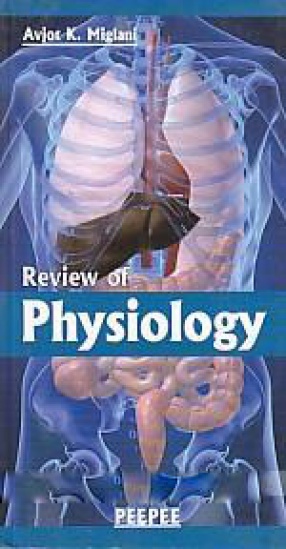

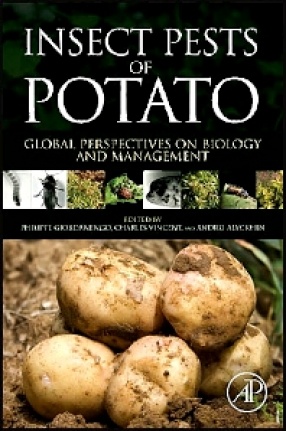
There are no reviews yet.